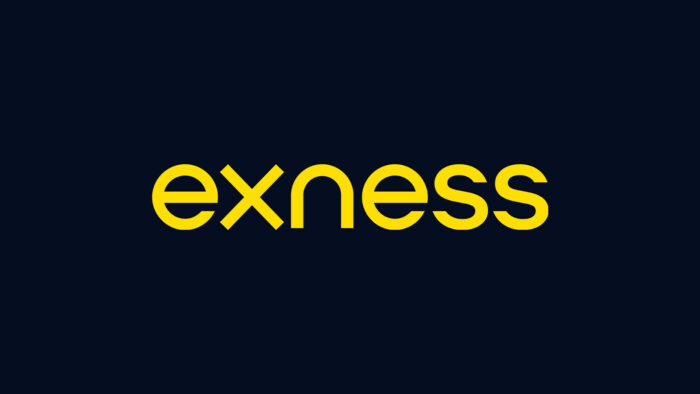Global finance is becoming more connected across borders, but trust is still built on local soil. For traders in Jordan and across the MENA region, regulation is not only a legal requirement, it is an unwavering sign of commitment. Strong local rules help global companies become trusted local partners, and this creates the confidence needed for long-term growth.
Building bridges: The role of local regulation in global financial services

Jordan’s evolving traders

“Jordanian traders are highly sophisticated. They understand that sustainable trading requires more than just tools—it requires trust, and that trust begins with regulation,” says Mohammad Amer, CEO of Exness Jordan.
From access to assurance
As more people join the market, their expectations also rise. In the past, access alone was enough. In today’s environment, experienced traders want assurance through clear rules, transparent pricing, and reliable protection. Regulation is now the foundation of this demand, giving brokers the structure they need to be fair, open, and resilient.
This change is an important moment for Jordan. It marks the start of a new chapter, one in which traders are not just market participants but contributors in creating a safer and more transparent trading environment.
What a license really means
The word “regulation” can sometimes feel abstract, but for traders, a regulatory license brings very real benefits:
- Protection and stability. Keeping client funds separate, requiring minimum capital, and ensuring strong supervision all help protect traders’ funds and support the fairness of the market.
- Fairness and accountability. Licensed brokers must follow clear rules on pricing, trade execution, and transparency. They must also offer ways for traders to resolve disputes.
- Predictability. Regulation lowers uncertainty by making sure everyone follows the same standards. This creates confidence that the rules are applied equally to all.
In short, a license is more than a certificate on the wall or a footer on a website. It is proof that a broker works within a system built for safety, fairness, and accountability towards their clients.
A future-proof approach
Getting a local license is not simple. It takes strict procedures, a large investment, and a long-term vision. For serious brokers, these challenges are not just obstacles; they are a clear sign of commitment. By accepting local supervision, brokers show that they are present for the long run, ready to invest in the community, and willing to follow the standards that matter most to clients.
This trend is growing rapidly across MENA. Regulators are moving from being simple gatekeepers to becoming ecosystem builders. They are launching fintech sandboxes, eKYC programs, and payment systems that support both innovation and consumer safety.
These actions make the region more attractive to trusted global companies, while also giving local traders the same level of protection that’s found in more established markets.
“Undertaking the licensing process is the most transparent way to show traders that you are serious about building a future with them. It is not a nice-to-have; it is the most important differentiator between those here for the long-term and those who are not,” notes Amer.
Innovation meets trust
Technology alone will not shape the future of financial services in Jordan and across MENA. Innovation is important, but without trust, it cannot last. Regulation provides the foundation for innovation to grow safely, ensuring that new products and platforms support the market instead of disrupting it.
The best opportunities come from balance, combining world-class technology with strong local oversight. This way, traders can enjoy the benefits of innovation while also feeling protected and confident.
A shared responsibility
Trust is not created solely by regulators; it is a shared responsibility. Regulators set the rules, but brokers must follow them by investing in compliance, transparency, and education. In return, traders gain access to safer, clearer, and more resilient markets.
Looking ahead
The Jordanian financial sector is at a promising turning point. Skilled local traders are driving the demand for higher standards, and regulators are answering with frameworks that encourage both protection and growth. The brokers who succeed will be the ones who embrace this culture of trust, aligning their work with local rules as well as global best practices.
“The future of trading in Jordan will be built on regulation that protects, innovation that empowers, and a shared commitment to sustainable growth,” concludes Amer.